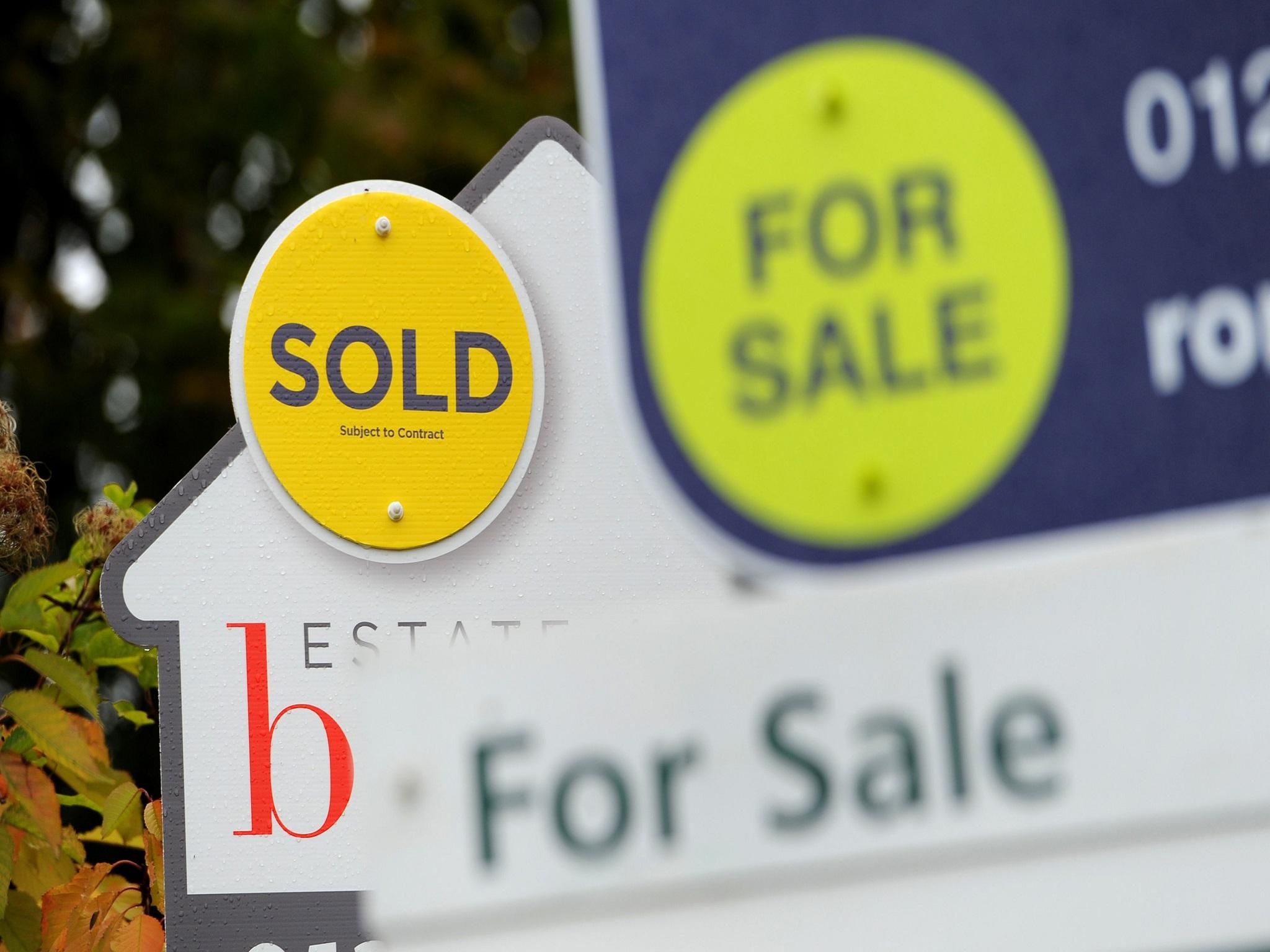UK mortgage approvals fall to lowest in nine months in sign of weakening housing market
There were 64,684 approvals in June, the lowest monthly figure since September 2016

Mortgage approvals fell to their lowest in nine months in June signalling a loss of momentum in the UK housing market.
There were 64,684 approvals in the month, down from 65,109 in May and the lowest figure since September 2016, according to the Bank of England’s monthly update.
“The fundamentals for house buyers are likely to remain weak over the coming months with consumers’ purchasing power continuing to be squeezed by inflation running higher than earnings growth,” said Howard Archer, an economist at the forecasting group, EY Item Club.
Some analysts said uncertainty over Brexit could also hamper the house purchase market.
“Approvals look set to decline further in the second half of this year, as lenders tighten the credit taps and households become increasingly cautious about making major financial decisions,” said Samuel Tombs of global investor Pantheon.
Meanwhile, consumer credit growth, which has caused concern among regulators in recent months, fell slightly, according to the latest bank data.
The annual rate of growth declined to 10 per cent, down from 10.4 per cent in May, having peaked at an 11-year high of 10.9 per cent last November.
However, analysts said the growth rate remained very strong by historical standards.
“This will clearly do nothing to allay policymakers’ fears that unsecured credit is growing too quickly,” said Ruth Gregory of Capital Economics.
Housing market slowing
The Financial Conduct Authority on Monday said that it is looking into the terms and transparency of motor finance as part of its review into the high-cost credit market.
A new form of new car finance called “Personal Contract Purchase” (PCP) has been a dominant driver of the increase in consumer credit in recent years.
Consumer credit growth moderating?
The Office for National Statistics’ house price index grew by 4.7 per cent in the year to May, slipping from 5.3 per cent growth in the year to April.
In June 2016 prices were growing at more than 8 per cent.
Other indexes produced by Halifax and Nationwide have also shown declines in growth in the wake of the June 2016 Brexit vote.
The Treasury forecast before the referendum that house prices could be between 10 and 18 per cent lower by 2018 than otherwise, in the event of a Leave vote.
Dealership car finance, including PCP deals, has been growing at an average rate of 20 per cent since 2012 and accounts for three quarters of the total growth in consumer credit – around £30bn – over that period, according to the Bank of England’s latest Financial Stability Report.
Subscribe to Independent Premium to bookmark this article
Want to bookmark your favourite articles and stories to read or reference later? Start your Independent Premium subscription today.

Join our commenting forum
Join thought-provoking conversations, follow other Independent readers and see their replies